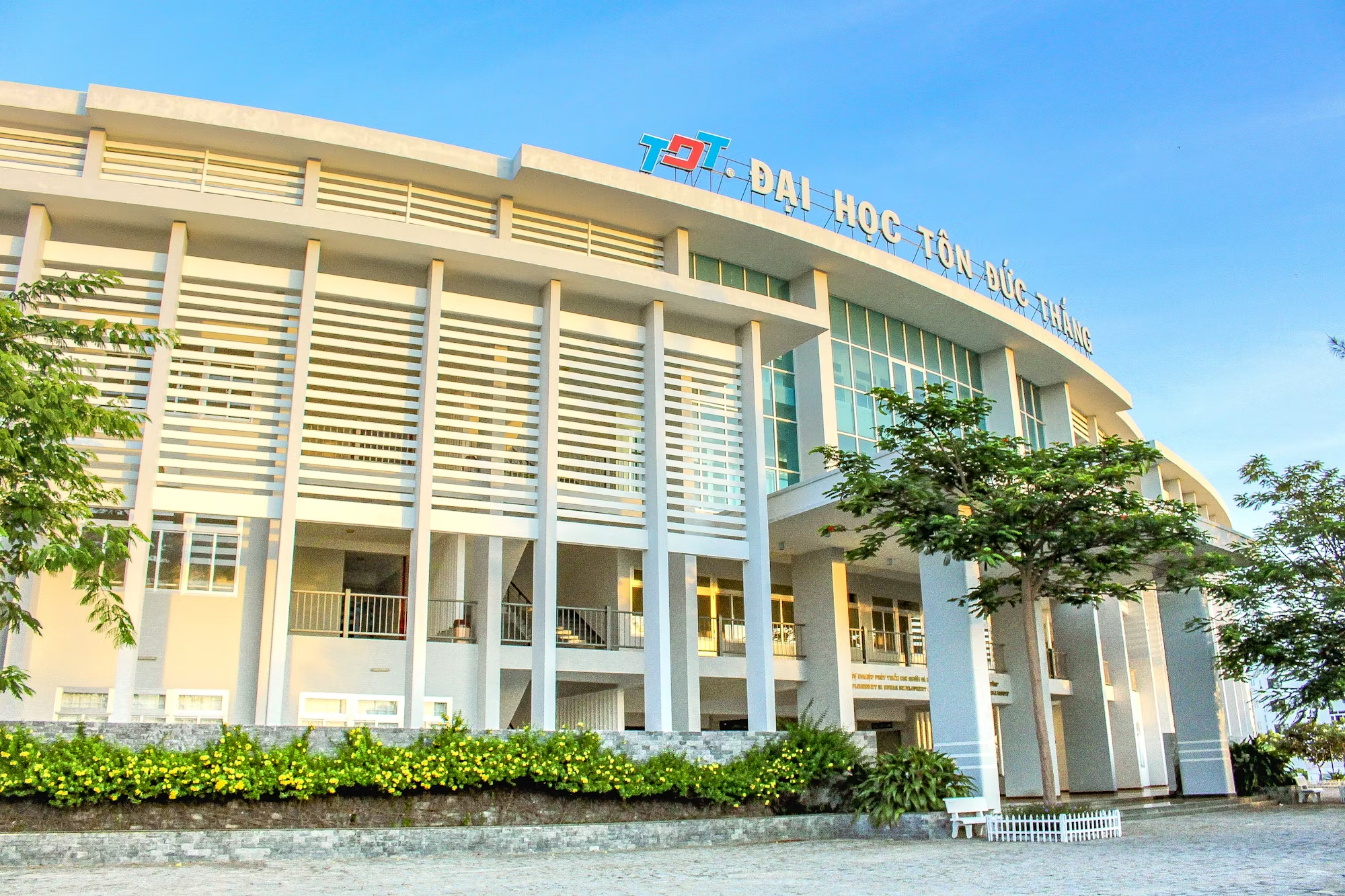Effective time management is a critical skill for students striving to balance academics, extracurricular activities, and personal commitments. With the increasing demands of modern education, mastering this skill can make a significant difference in achieving academic success while maintaining a healthy work-life balance. In this article, we will explore practical tips and strategies that can help students manage their time more effectively, enabling them to accomplish their goals without feeling overwhelmed. One of the first steps to effective time management is understanding how you currently spend your time. Start by tracking your daily activities for a week. Note down how much time you spend on classes, studying, socializing, and leisure activities. This awareness allows you to identify patterns and areas where you may be wasting time or could be more productive. Once you have a clear picture of your time usage, you can set specific, achievable goals for how you want to allocate your time moving forward. Prioritizing tasks is another essential component of effective time management. The Eisenhower Matrix is a useful tool for this purpose. It categorizes tasks into four quadrants based on their urgency and importance: urgent and important, important but not urgent, urgent but not important, and neither urgent nor important. By sorting tasks into these categories, you can focus on what truly matters and avoid spending excessive time on less important activities. After prioritizing your tasks, create a schedule that reflects your goals and priorities. Whether you prefer a digital calendar or a physical planner, having a visual representation of your commitments can help you stay organized. Block out time for classes, study sessions, and other responsibilities, and be sure to include breaks to recharge. Consistency is key; try to follow a routine that works for you, as it can enhance your productivity over time. Additionally, consider the time of day when you are most productive. Some students work better in the morning, while others may find that they are more alert and focused in the evening. Schedule your most challenging tasks during your peak productivity hours, allowing you to tackle them with greater efficiency. During your study sessions, it’s important to minimize distractions. Find a quiet space where you can concentrate, and consider using tools like website blockers to limit access to social media and other distracting sites during your study time. Noise-canceling headphones or instrumental music can also create a conducive study environment, helping you maintain focus. Setting specific goals for each study session can improve your efficiency. Instead of vaguely planning to “study,” aim for concrete objectives such as “complete Chapter 3 of the textbook” or “review notes from last week’s lecture.” This specificity not only gives you a clear direction but also allows you to track your progress. After completing a study session, take a moment to review what you have accomplished. Reflecting on your achievements can motivate you to continue working towards your goals. Break larger tasks into smaller, manageable steps to make them feel less daunting. For instance, if you have a research paper to write, divide it into stages such as topic selection, research, outlining, writing, and editing. This approach not only simplifies the process but also provides a sense of accomplishment as you complete each stage. To further enhance your productivity, employ the Pomodoro Technique, which involves studying for 25 minutes followed by a 5-minute break. This method can help maintain your focus and prevent burnout, allowing you to sustain productivity over longer periods. After completing four Pomodoro cycles, take a longer break of 15 to 30 minutes to recharge. In addition to structured study time, it’s vital to allocate time for relaxation and self-care. Engaging in hobbies, exercise, and socializing can improve your overall well-being and help you recharge mentally. A well-rounded approach to time management includes recognizing the importance of downtime, which can ultimately enhance your productivity when you return to your studies. Effective time management also involves learning to say no. As a student, it can be tempting to take on numerous commitments, from joining clubs to attending social events. However, overcommitting can lead to stress and burnout. Assess your priorities and be selective about what you choose to participate in. It’s perfectly acceptable to decline invitations or limit your involvement in extracurricular activities if they interfere with your academic goals. Additionally, don’t hesitate to seek help when needed. Whether it’s academic support from teachers, tutoring services, or emotional support from friends and family, reaching out can alleviate stress and provide you with the resources you need to succeed. Collaboration with peers can also enhance your learning experience. Study groups can be particularly effective for sharing insights, quizzing each other, and tackling difficult concepts together. Finally, remember that time management is a skill that requires practice and adjustment. As you experiment with different strategies, reflect on what works best for you and make necessary adjustments. Be patient with yourself as you develop these skills; effective time management is not an overnight achievement but a gradual process. In conclusion, mastering the art of effective time management is essential for students aiming to achieve academic success while maintaining a balanced lifestyle. By understanding how you spend your time, prioritizing tasks, creating a structured schedule, minimizing distractions, and incorporating relaxation, you can enhance your productivity and reduce stress. Remember to be flexible and adjust your strategies as needed, and don’t hesitate to seek help when necessary. With consistent effort and practice, you can develop the time management skills that will serve you well throughout your academic journey and beyond.
- Home
- The Art of Effective Time Management for Students

Posted in
Smart horizons




